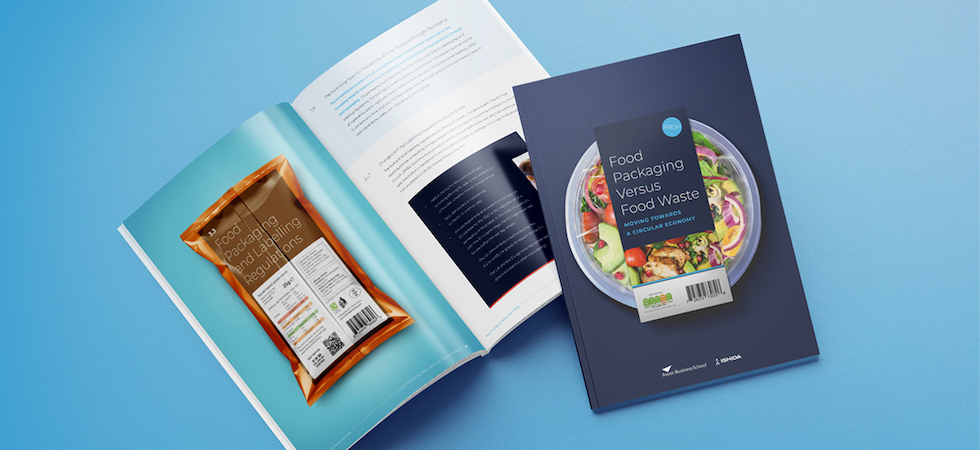SPECIAL CONTENT – PACKAGING, INSIGHT:
The challenges and opportunities for the food industry to become more sustainable are outlined in a new white paper Food Packaging Versus Food Waste – Moving Towards a Circular Economy, sponsored by Ishida Europe and Aston Business School.
The white paper, written by Dr Stella Despoudi, lecturer in operations and supply chain management at Aston Business School, provides an overview of current trends in the food packaging sector and the wider modern society that are driving the move towards the creation of a circular economy and suggests appropriate solutions to help organisations implement these.
It brings together and summarises the findings of a round table discussion and webinar, held recently under the same title and chaired by Dr Despoudi, which canvassed the opinions of a panel of experts from different parts of the food industry together with an audience of over 250 industry professionals.
“The collaborative approach taken by Aston Business School and Ishida Europe in bringing together food producers and packaging manufacturers, along with representatives from legislative and academia, has demonstrated the significant value in open discussion with all stakeholders to ensure we keep the big picture in mind,” commented Dr Despoudi. “There is a balance to strike between the important reduction of packaging materials used, while also improving food safety, maintaining cost-effectiveness and reducing food waste.”
“Effectively tackling food waste is essential if we are to achieve the ‘greener’ world that everyone is seeking.”
Food waste is one of the major challenges that Food Supply Chains (FSCs) are currently facing. It is estimated that between 25% and 50% of food produced is lost or wasted along the supply chain before it reaches the consumer (FAO,2011). Achieving food waste reduction could increase grain supply, food availability and food security without wasting other resources such as land, labour and water, and the circular economy is being identified as a way to achieve this.
For food packaging manufacturers, the challenge is to reduce the amount of packaging used, while preserving and extending shelf-life through the use of materials that are sustainable and recyclable.
Six food packaging trends are identified and discussed in the white paper: Initiatives for Plastic Reduction; Sustainable Food Packaging; Food Packaging and Labelling Regulations; Consumer Trends; Innovative Food Packaging Technologies and Packaging 4.0; and the Cost of Modern Food Packaging.
The report highlights the key findings and challenges in each of these trends, emphasising the complexity in many of the issues raised. For example, in the drive to reduce plastic packaging, it is essential to ensure that potential alternative packaging materials do not impact on food waste. Similarly, while new flexible packaging can help to increase the efficiency and effectiveness of food packaging, associated machinery will need to be fully compatible with the new materials to ensure seal integrity.
Among the solutions put forward in the White Paper, the need for a collaborative approach – between all stakeholders and also governments and consumers – is emphasised, as well as increased consumer education and engagement
Ross Townshend, Ishida Europe’s business unit manager EMEA – Advanced Services and Data, said: “Effectively tackling food waste is essential if we are to achieve the ‘greener’ world that everyone is seeking. Equally important, understanding how we can best tackle these challenges will have a significant bearing on our own work in the design and development of the most efficient packing line equipment and integrated solutions.”









